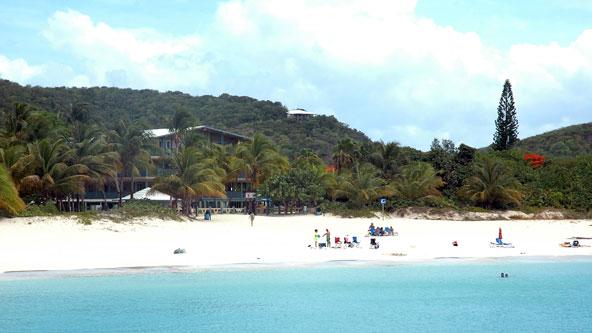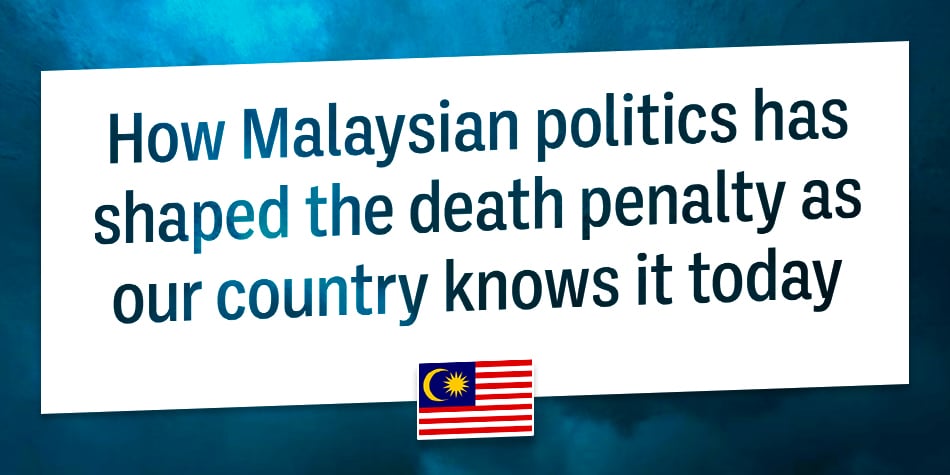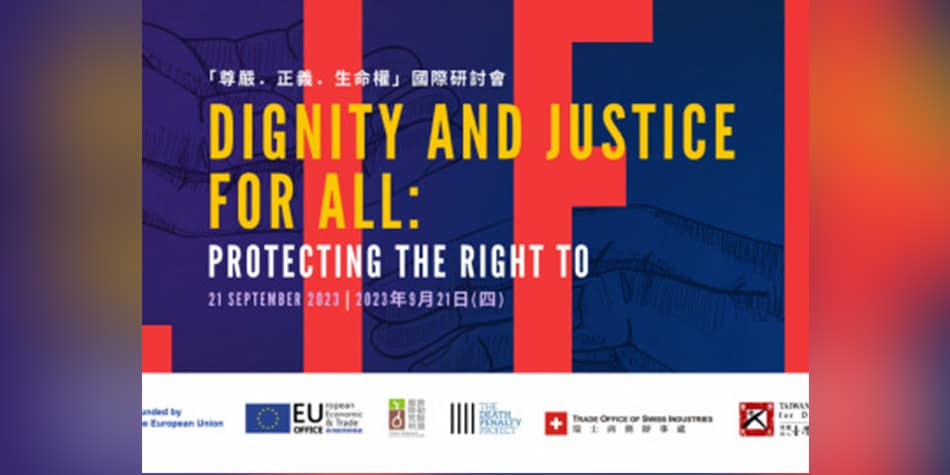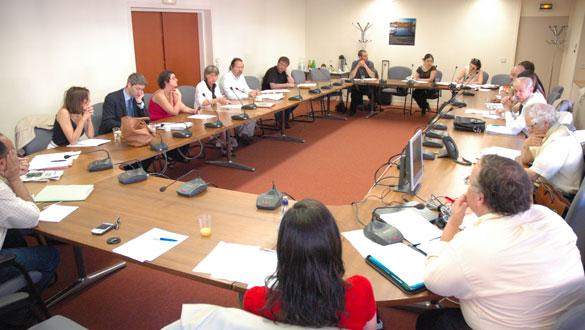
Suriname and Haiti to lead abolitionist way in the Caribbean
Caribbean
Regional abolitionists taking part in the World Coalition’s annual general meeting in the Caribbean island of Puerto Rico received a boost from the latest news in Suriname, where a bill to abolish the death penalty is being pushed before the Parliament.
“Suriname will soon abolish the death penalty in its criminal code,” the country’s National Assembly vice-chair Ruth Wijdenbosch told the meeting. The bill is before a special committee and its supporters hope to have it passed in time for World Day Against the Death Penalty on 10 October.
“I am in the opposition and I’m here with the majority leader. We are convinced that this bill will be adopted,” said Wijdenbosch, highlighting bi-partisan support for abolition.
Raphaël Chenuil-Hazan of the Paris-based NGO Together Against the Death Penalty added that the authorities of Haiti, which has abolished the death penalty, gave him assurances during a country visit in June that Port-au-Prince would fast-track the ratification of the UN Protocol on the abolition of the death penalty.
Watch comments from Caribbean activists at the 2014 AGM below:
Such decisive action by Suriname and Haiti could strengthen the abolitionist momentum observed in the region, in combination with the anti-death penalty activism of Puerto Rico – which has abolished it but remains subjected to capital cases in federal courts as a commonwealth of the US.
Pedro Pierluisi, Puerto Rico’s resident commissioner in Washington D.C., told the World Coalition AGM that he had lost his own brother to a murder and faced the prospect of seeing the murderer sentenced to death. Through that experience, he had made up his mind to oppose the death penalty because “no human being should end anybody’s life unless they have no other choice”, he said.
As resident commissioner, Pierluisi represents Puerto Rico in the US Congress and has been advocating for greater opportunities for individual states or territories to defend their interests in federal capital cases – thus helping Puerto Rico oppose the death penalty when its residents are prosecuted before federal courts.
Puerto Rican lawyers have recently adopted a new tactic to undermine such federal capital cases: “We have written a letter to the attorney general of Puerto Rico stating that every time investigators in any of these cases seeks police assistance from Puerto Rico, this is an unlawful use of public funds,” said Ana Irma Rivera-Lassén, president of the Puerto Rico Bar Association.
Such actions received support from Miguel Pereira, a former police chief of Puerto Rico and now a senator. Pereira said he used to support the death penalty, but when directly confronted with the case of a young man facing capital punishment, he had realised he was a human being with a family and had changed his mind.
“The death penalty harms us, the citizens of the country in which it is imposed. It says: we don’t know what do with you, so we’ll kill you. We must avoid reaching that conclusion,” said Pereira.
Caribbean network spreads the abolitionist word in the region
Such statements from Caribbean leaders are a welcome influence in neighbouring English-speaking islands, where the death penalty is still on the books and governments have tried to resume executions in the past few years. There are 108 people on death row in eight Caribbean countries.
Parvais Jabbar of the Death Penalty Project welcomed recent jurisprudence resisting such attempts, especially through appeals to the London-based Privy Council, which acts as the court of last resort in many Caribbean jurisdictions.
“In the Pratt and Morgan case in Jamaica, the Privy Council ruled that execution after a long delay would amount to cruel and unusual punishment,” Jabbar said. He added that subsequent rulings had imposed greater transparency on clemency and pardon procedures, which were often carried out in secret.
“But the most important development has been the introduction of principles in sentencing,” Jabbar said. “Mandatory or automatic death penalty has now been abolished in ten Caribbean countries and discretion has been given to the judiciary to impose a lesser sentence.” Barbados has been the latest State in the region to undertake the abolition of mandatory death sentences.
However, Jabbar stressed that the judiciary could not outlaw capital punishment completely in most Caribbean countries. “The courts have reached their limits,” he said. “Abolishing the death penalty is a political issue.”
To achieve this, the region’s abolitionists have been increasingly co-ordinating their work and supporting each other through the Greater Caribbean for Life (GCL) network. Its chairwoman Leela Ramdeen told the World Coalition AGM that GCL had been developing communication tools for its members to exchange information and signed an agreement with the Inter-American University in Puerto Rico to prepare shadow reports for international human rights protection mechanisms. One issue regional activists are working on is capital punishment’s lack of deterrence value. “In Trinidad and Tobago, the murder rate increased five-fold in a decade. The high murder rate is a major stumbling block in GCL’s path: politicians continue to see the death penalty as the bogey man to fight crime,” Ramdeen said.







